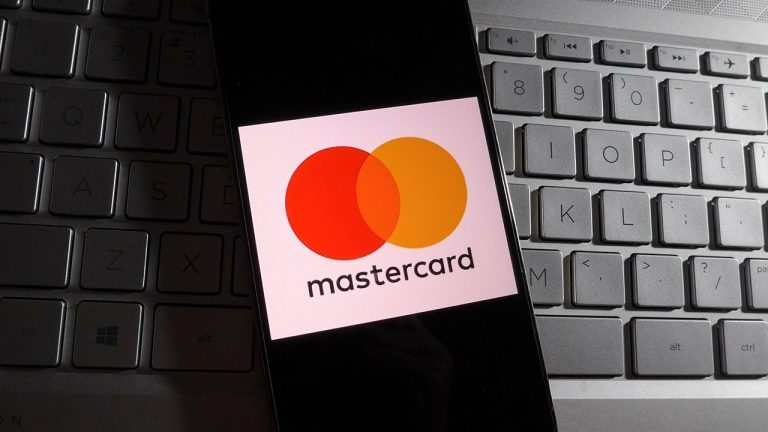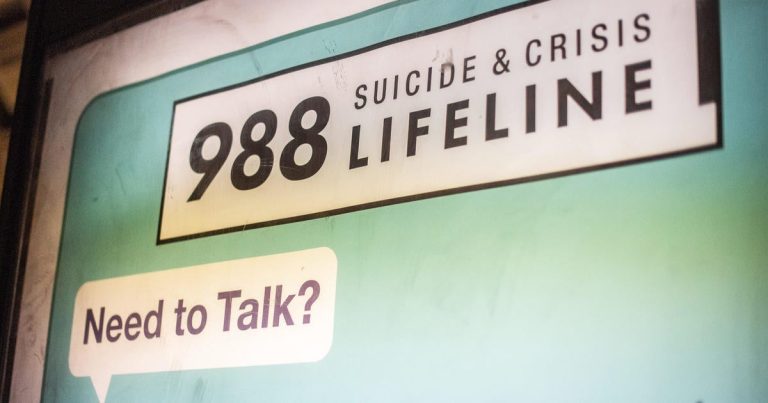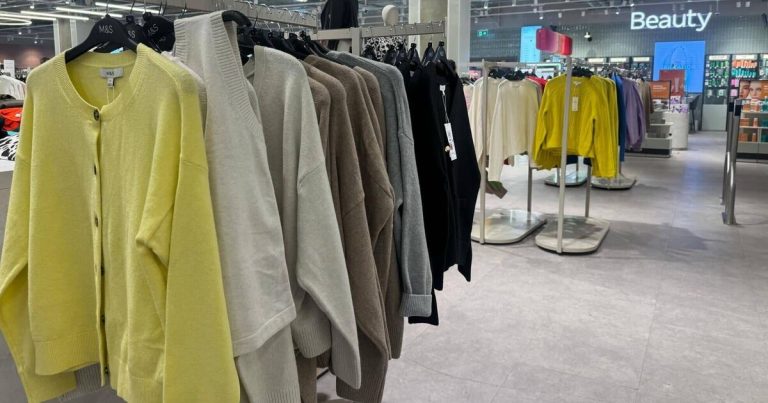Using a VPN at home can keep your data safe from those who want to use your data for targeted advertising. On your mobile device, a VPN can protect your login details and other data you send when you connect to public Wi-Fi. It can be especially useful for businesses that have proprietary information to protect.
Here are nine of the most common VPN uses:
1. Keep Your Data Private From Your ISP
Because of the relationship between you and your internet service provider (ISP), it can track what you do online, such as what sites you visit, the time you spend browsing, and more. Depending on the terms of service and what you’ve agreed to, your ISP may even sell your personal data to advertisers. Your stored data is kept confidential otherwise, according to most internet providers.
In India, if the government requests your internet history, an ISP must comply. In fact, in cases of national security, the government doesn’t even need a warrant to access your internet data. Theoretically, with a warrant, local law enforcement can use your data to help convict you of a crime.
Even if you’re a law-abiding citizen, you might not want your ISP documenting every URL you visit. If you use a VPN, you can cover your tracks. At the very least, it can give you peace of mind.
2. Use Public Wi-Fi Safely With a VPN
Whether you’re at an airport waiting for a flight and checking your email or at a local restaurant reading news on your phone, you may be tempted to use public Wi-Fi. It seems safe enough, right? The free internet connection is offered by the airport or business and they mean well.
The good news is that browsing online has become safer in recent years, thanks to most people adopting HTTPS over HTTP. That “S” is a security protocol that comes from a secure sockets layer (SSL) certificate and helps protect internet data that’s shared to and from a site. That’s what makes it safer for you to pay for products and services online, for example.
However, most public Wi-Fi connections are open and not password protected, so you might put yourself at risk of your connection being intercepted by a hacker who is trolling the Wi-Fi network.
If you have a VPN service to log into first, you can anonymously connect to public Wi-Fi and essentially remain hidden on the network. A VPN will hide your identity on an open internet connection and encrypt active data, so even if a cybercriminal is on the same network, you’ll be safe.
3. Protect Your Personal Data From Businesses
Lots of retailers offer apps and free Wi-Fi to shoppers and they make it hard to not use them. For one, if you download a retailer’s app, you may get access to exclusive coupons and deals, so that’s tempting. Also, a lot of physical locations block cell phone service simply because of the metal in structures.
Businesses that offer these perks for free or incentives to use their apps and Wi-Fi are doing so to collect your data, which is extremely valuable to them. This is another good reason to use a VPN if you want to protect your personal data. Plus, you’ll still be able to safely access your apps and use free Wi-Fi while you’re shopping at malls or stores.
4. Protect Proprietary Information
Many companies adopted a remote or hybrid work policy recently, which is convenient for a lot of employees. However, there is a security concern about having remote workers log into company servers from home because you don’t know how secure an employee’s connection is. They could be working from home or in a coffee shop. If a connection is intercepted, there’s a concern that active data could go from an employee to a hacker, rather than the Wi-Fi the employee is trying to use.
Providing all employees with remote access and a VPN will help keep your company’s files and projects safe.
5. Access Blocked Content
A VPN does more than protect your data—it can unlock your access to media you can’t get to now. There are benefits here for a few different reasons.
Some citizens in countries with strict governments may not be able to visit websites with opposing views to their politicians. A VPN can make it appear as though you’re located in a different location, so you can access otherwise blocked websites or media. Your connection to the VPN can keep your actual location and IP cloaked, so you can’t be pinpointed.
Another benefit to using a VPN is that you can use it to find media you can’t get otherwise. For example, Netflix and Hulu offer different types of programming per location. If you’re in the U.S., you might not be able to watch what’s available on Netflix in the United Kingdom. A VPN can make it appear as though you’re in another country, thereby unlocking that exclusive content.
6. Data Privacy From Your Government
While many ISPs, apps and internet data hubs suggest they don’t sell your browsing data to governments, the information nonetheless finds its way into their hands. If you have qualms about governmental overreach, a VPN is a good investment in protecting your data.
7. Security When Working Remotely
One benefit of a VPN is its data encryption features. Encryption, or putting data into a coded format so its meaning is obscured, allows you to keep confidential information safe.
If you are an individual thinking about investing in a VPN for your company, one benefit is that workers can connect to your office network and look at sensitive materials on their own devices while away from the office. As remote work seems a possibility even after the pandemic ends, a VPN is a helpful investment to keep confidential material safe off-site.
8. Adaptable to Numerous Smart Devices
While many of us may first try a VPN on a company-loaned laptop, many VPN services also protect other smart devices such as your phones, tablets and desktop computers. Each VPN company may offer slightly different protection plans and have different capacities to protect different devices, but many providers offer plans that help keep you safe on multiple devices.
9. Smart Savings
If you are willing to put in a little research, a VPN can help you save money via its location spoofing capabilities. Many types of businesses, such as subscription services and airlines, offer the same amenities or products for different prices. If you change the appearance of your location to a place where services are offered cheaper, you can end up with big savings.
These are just a few examples of how a VPN can help protect you or help you access blocked information. There are plenty of other reasons why everyone should use a VPN.







